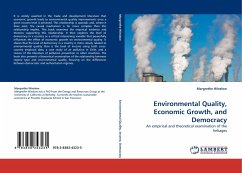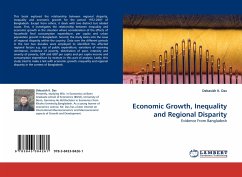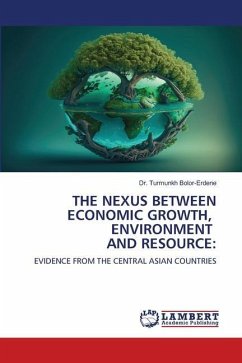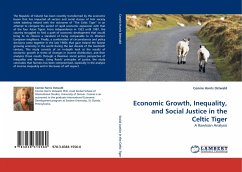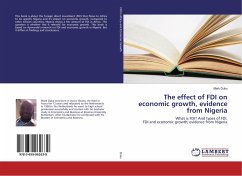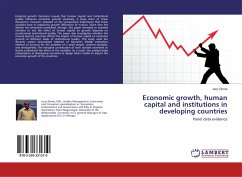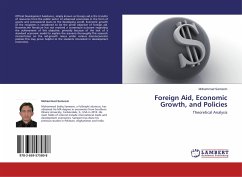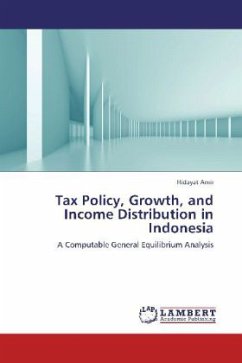It is widely asserted in the trade and development literature that economic growth leads to environmental quality improvements once a given income level is achieved. This relationship is sporadic and, where it does exist, the causal mechanism is far more complex than this relationship implies. This book examines the empirical evidence and theories supporting this relationship. It then explores the level of democracy in a country as a critical intervening variable that powerfully influences the effect of economic growth on environmental quality. It shows that the level of democracy in a country is more closely related to environmental quality than is the level of income using both cross-country empirical data, a case study of air pollution in Chile, and a review of the literature of pollution prevention in other countries. The book also presents a theoretical examination of the relationship between regime type and environmental quality focusing on the differences between democratic and authoritarian regimes.
Bitte wählen Sie Ihr Anliegen aus.
Rechnungen
Retourenschein anfordern
Bestellstatus
Storno

